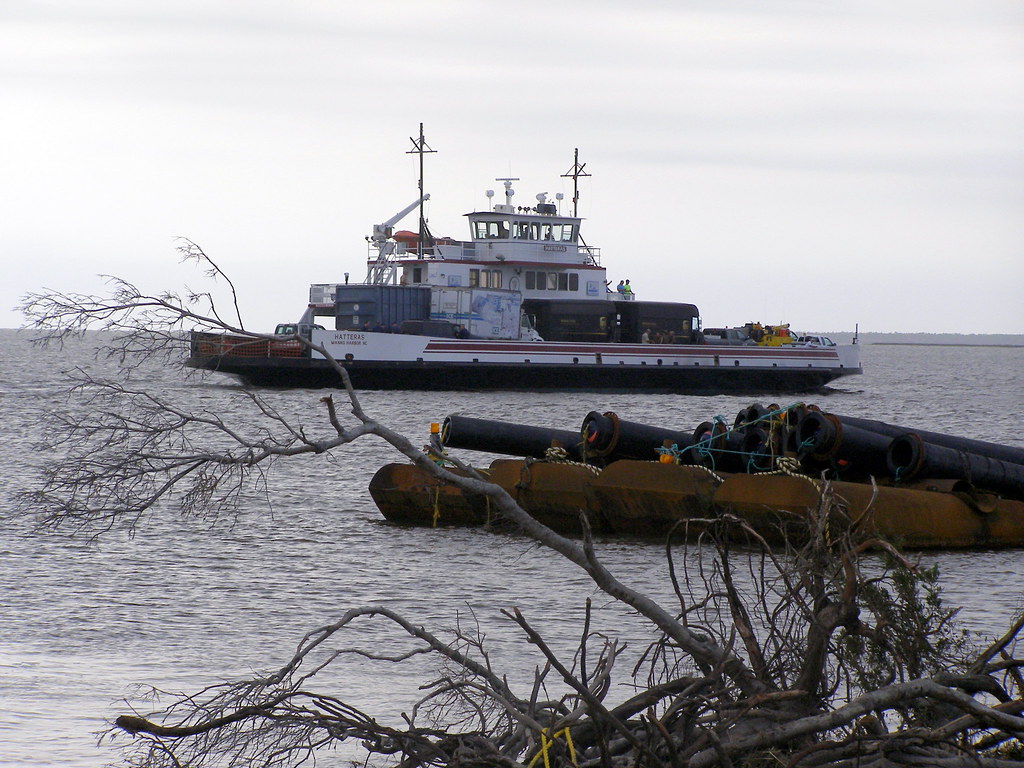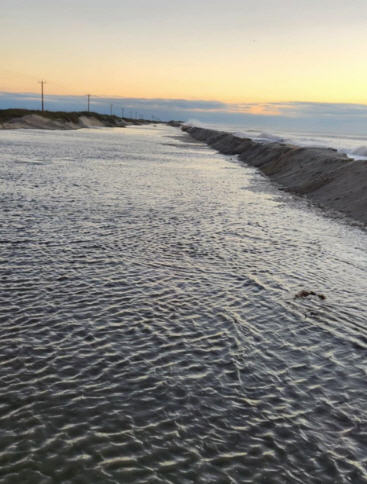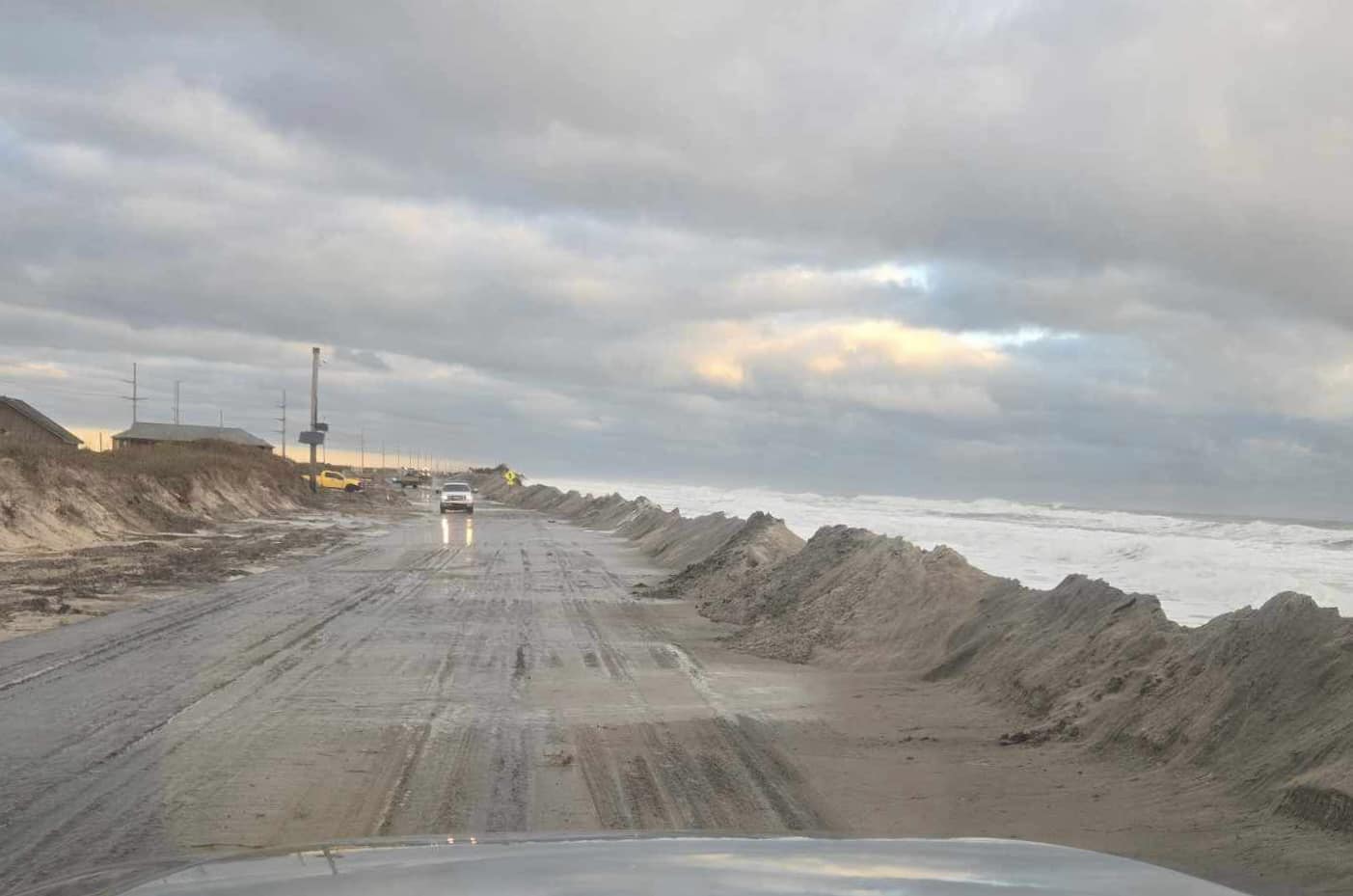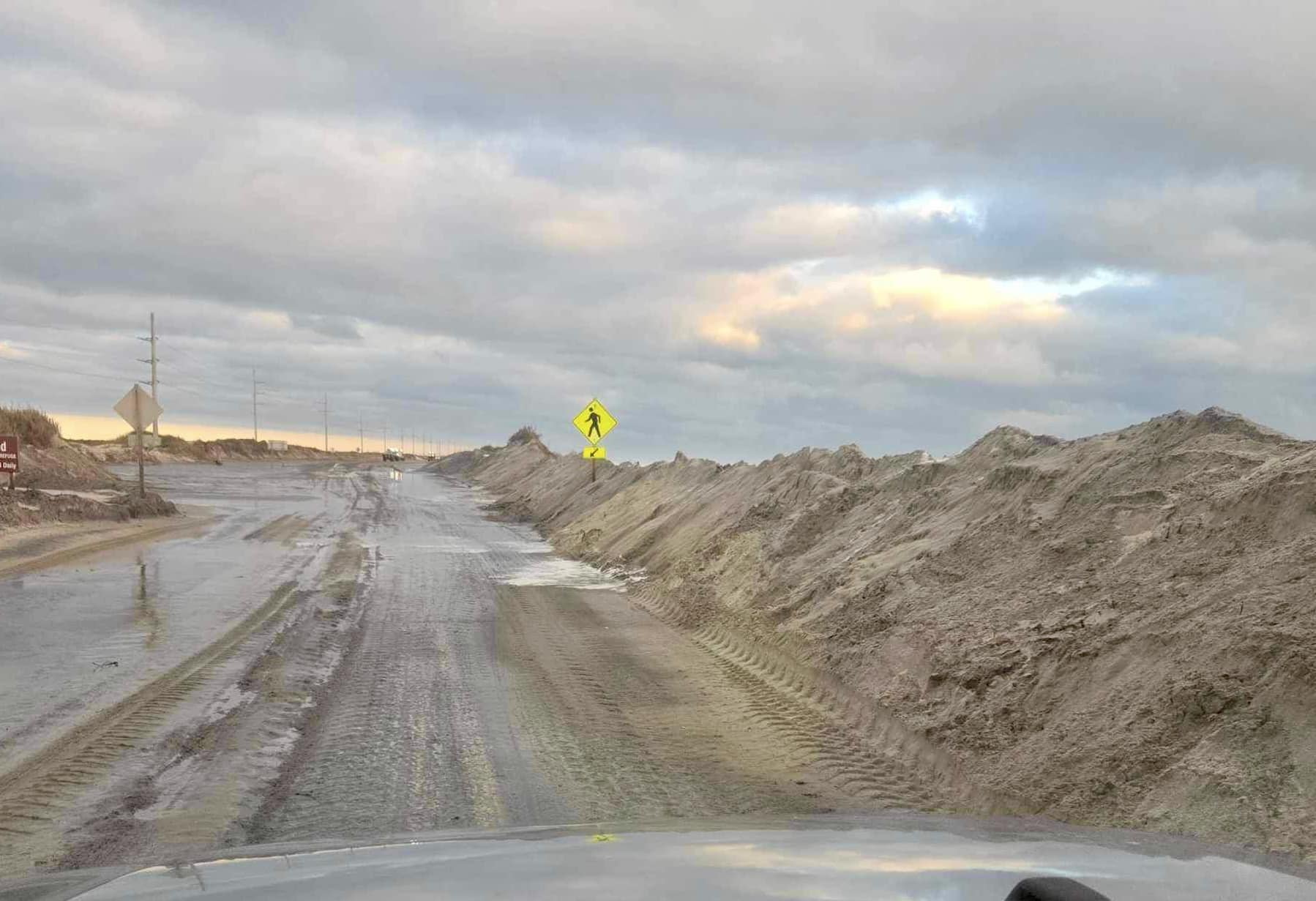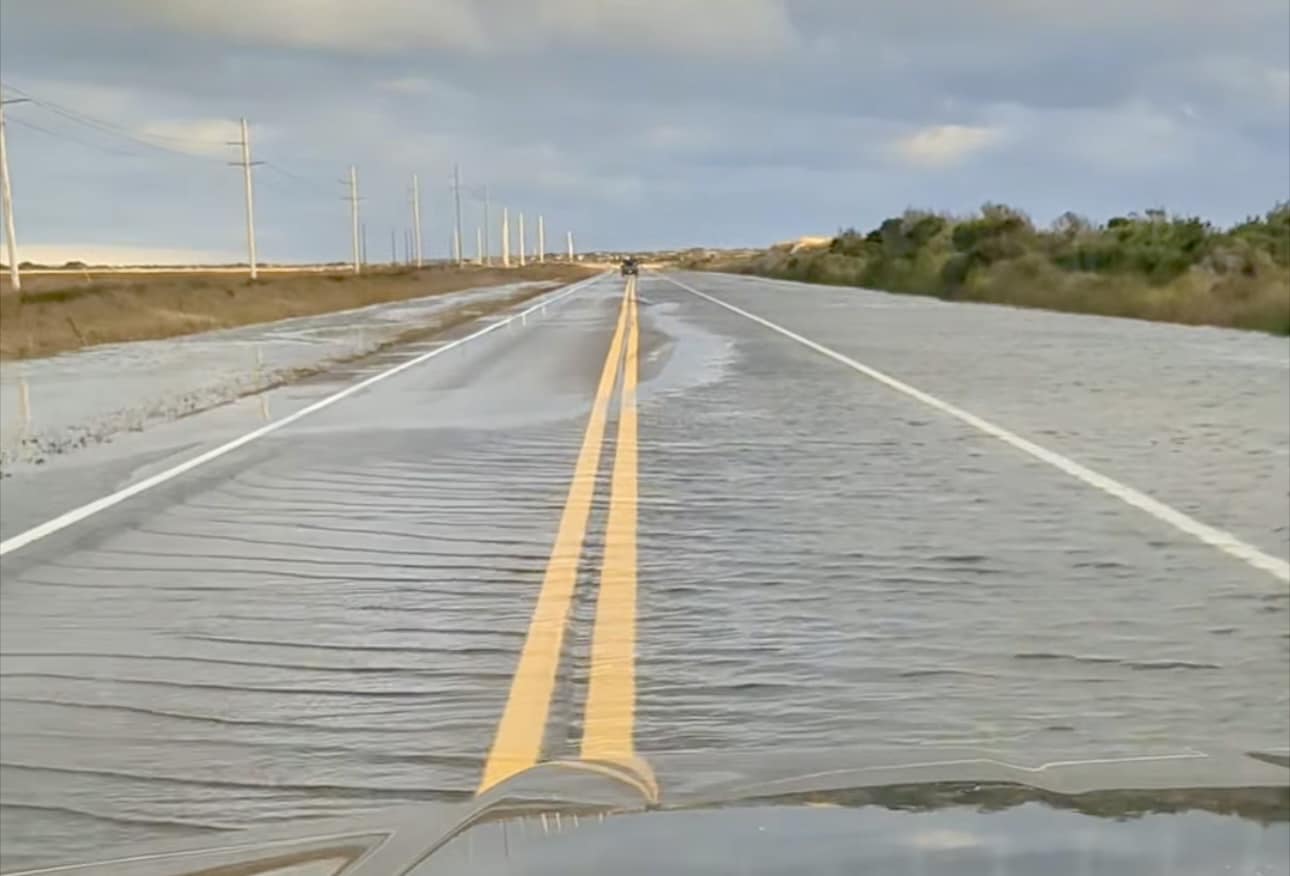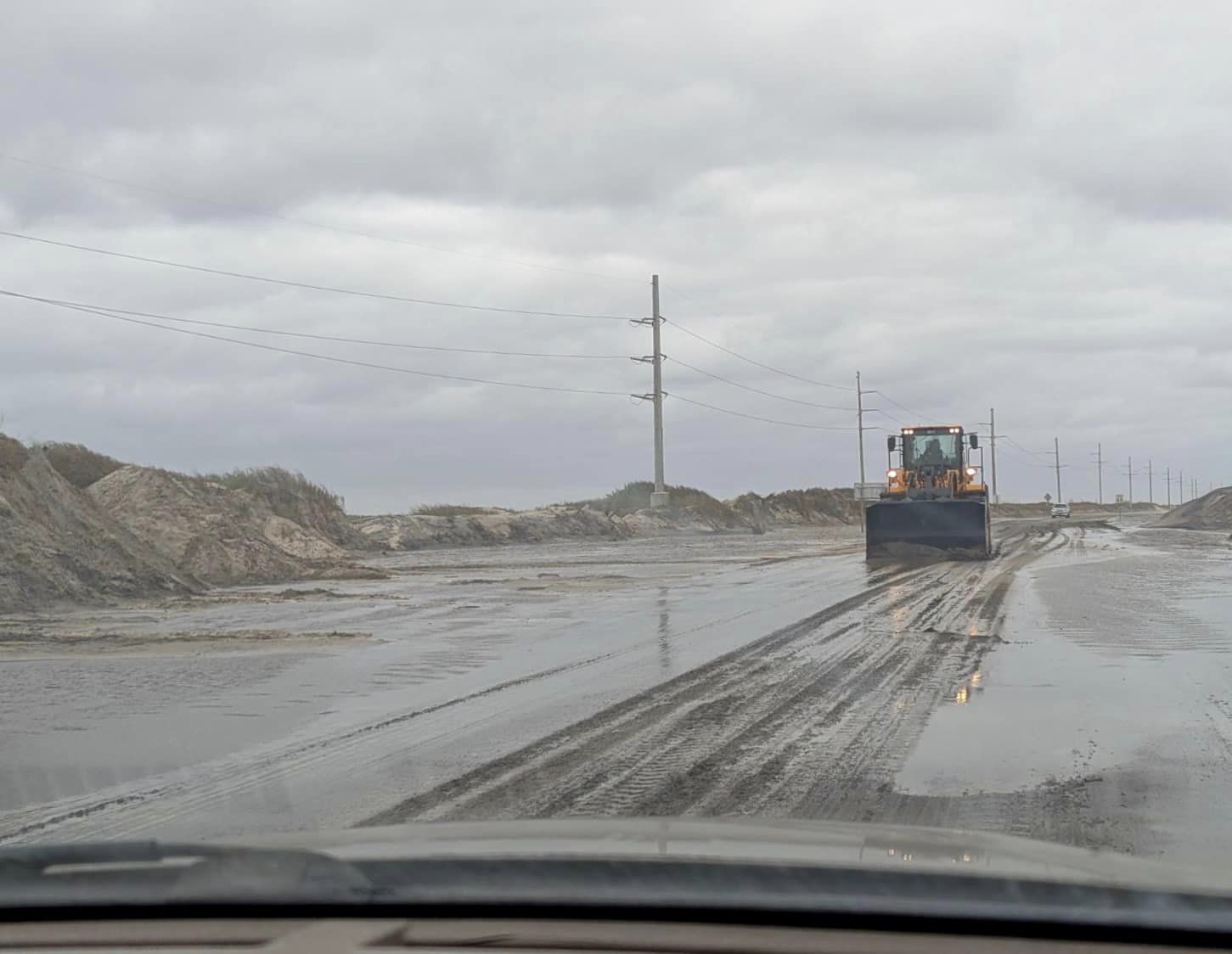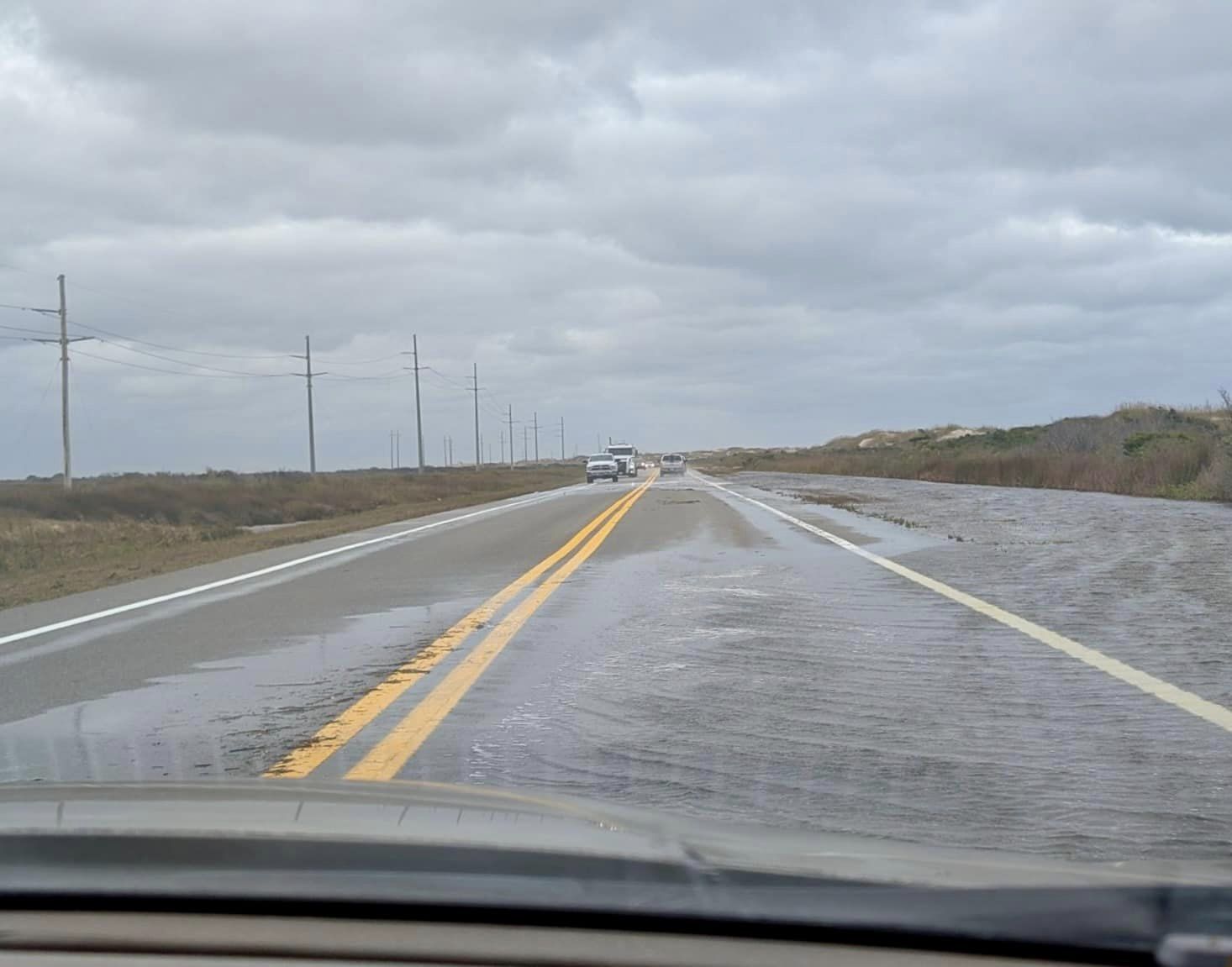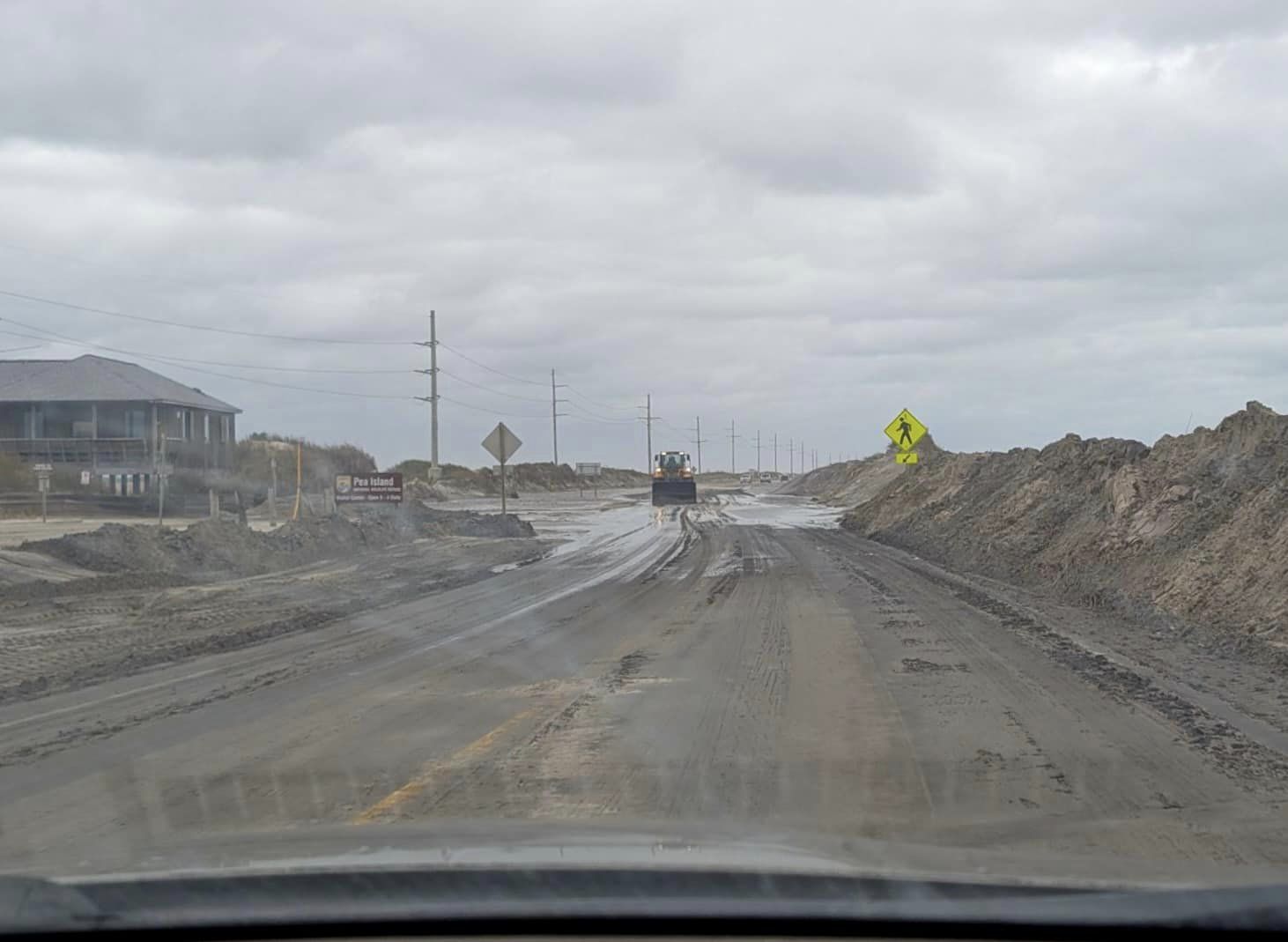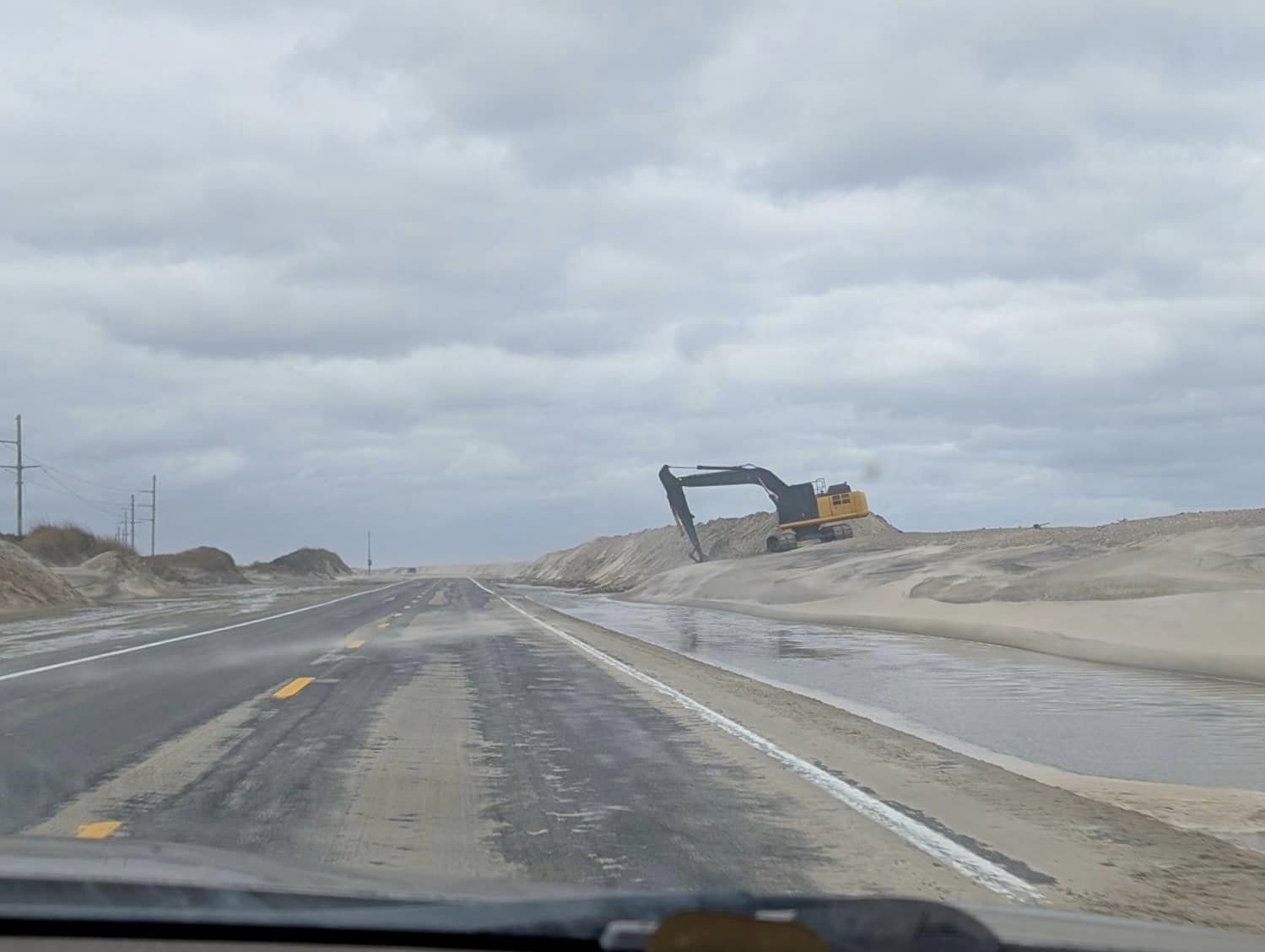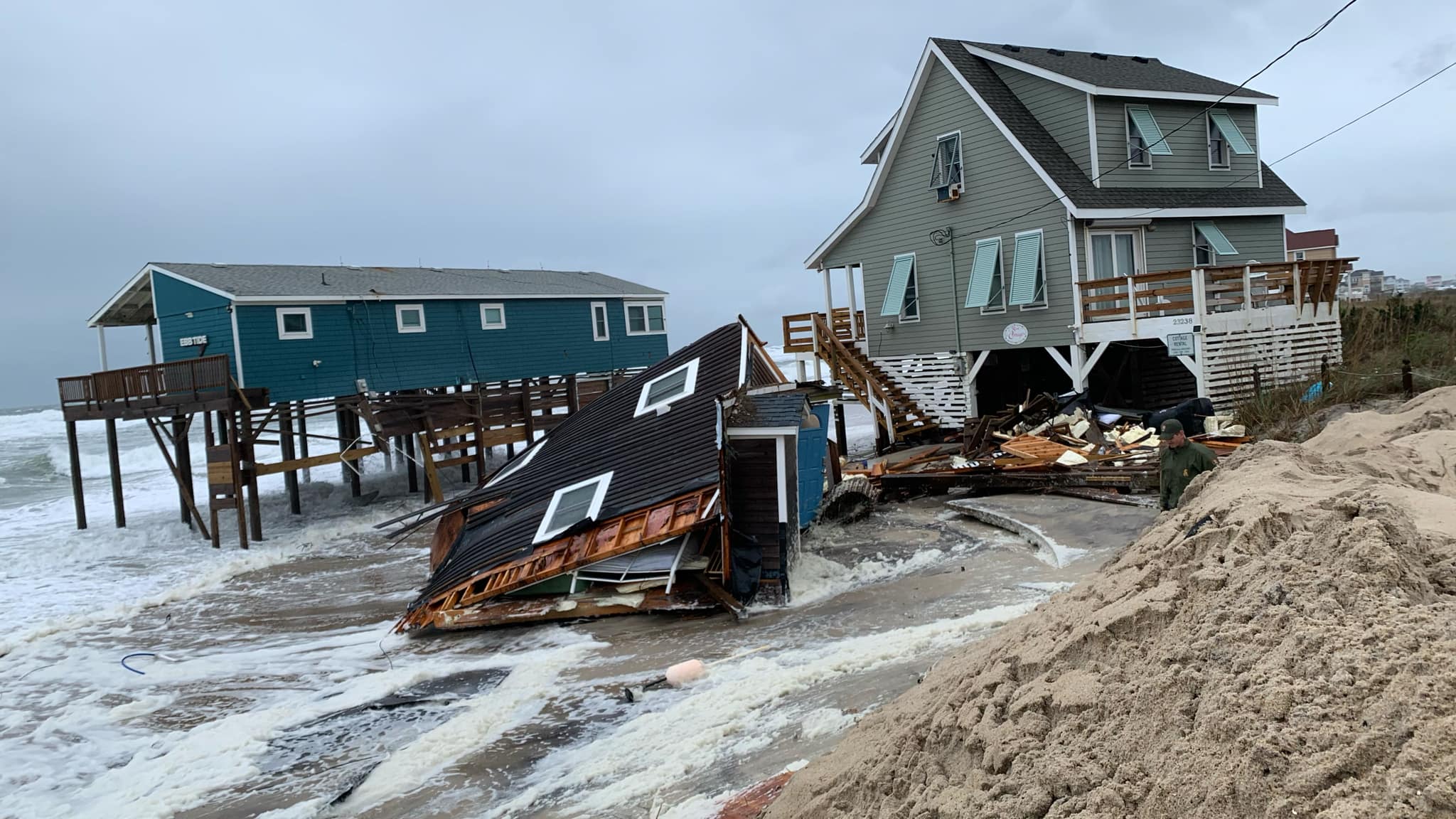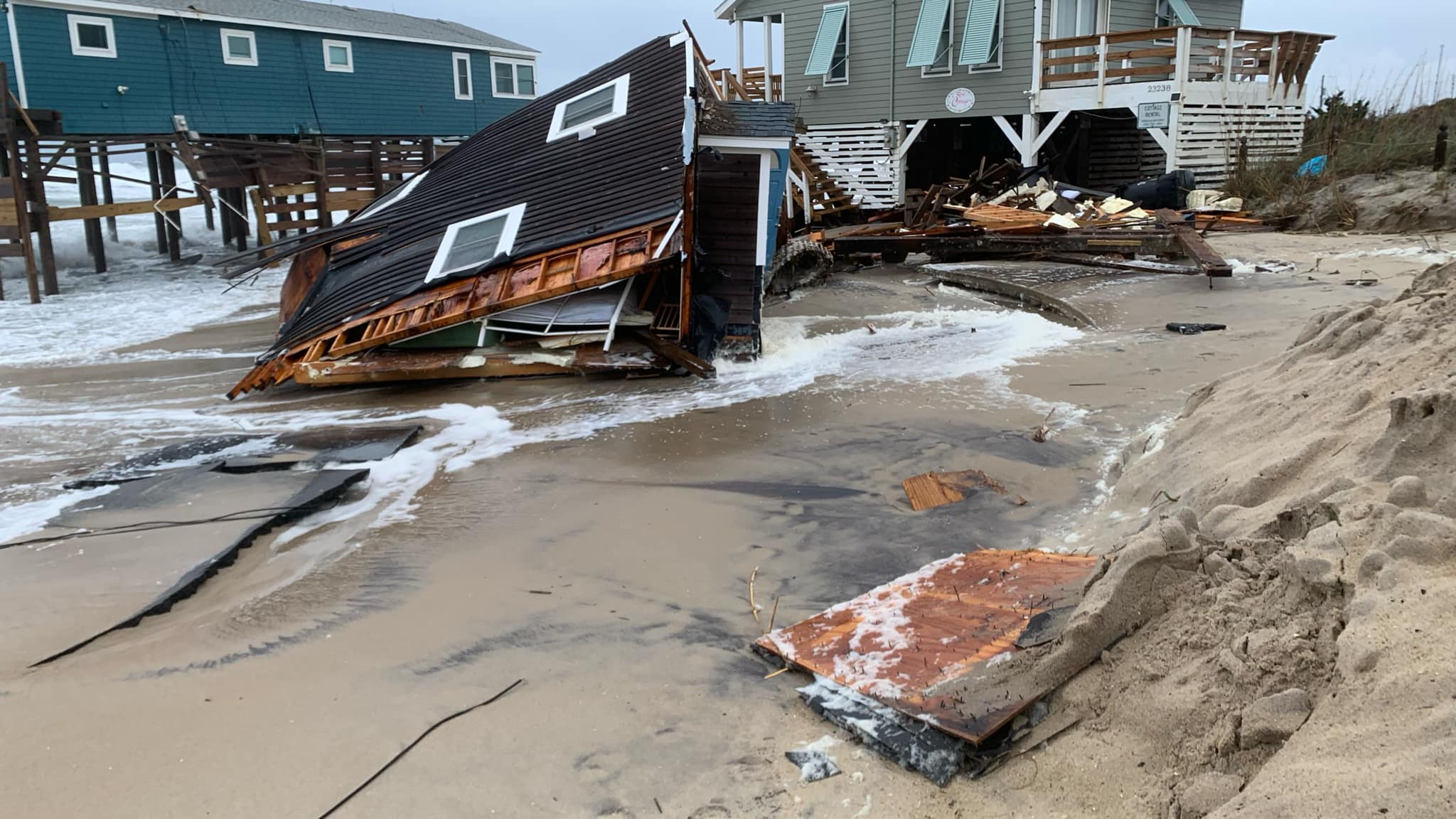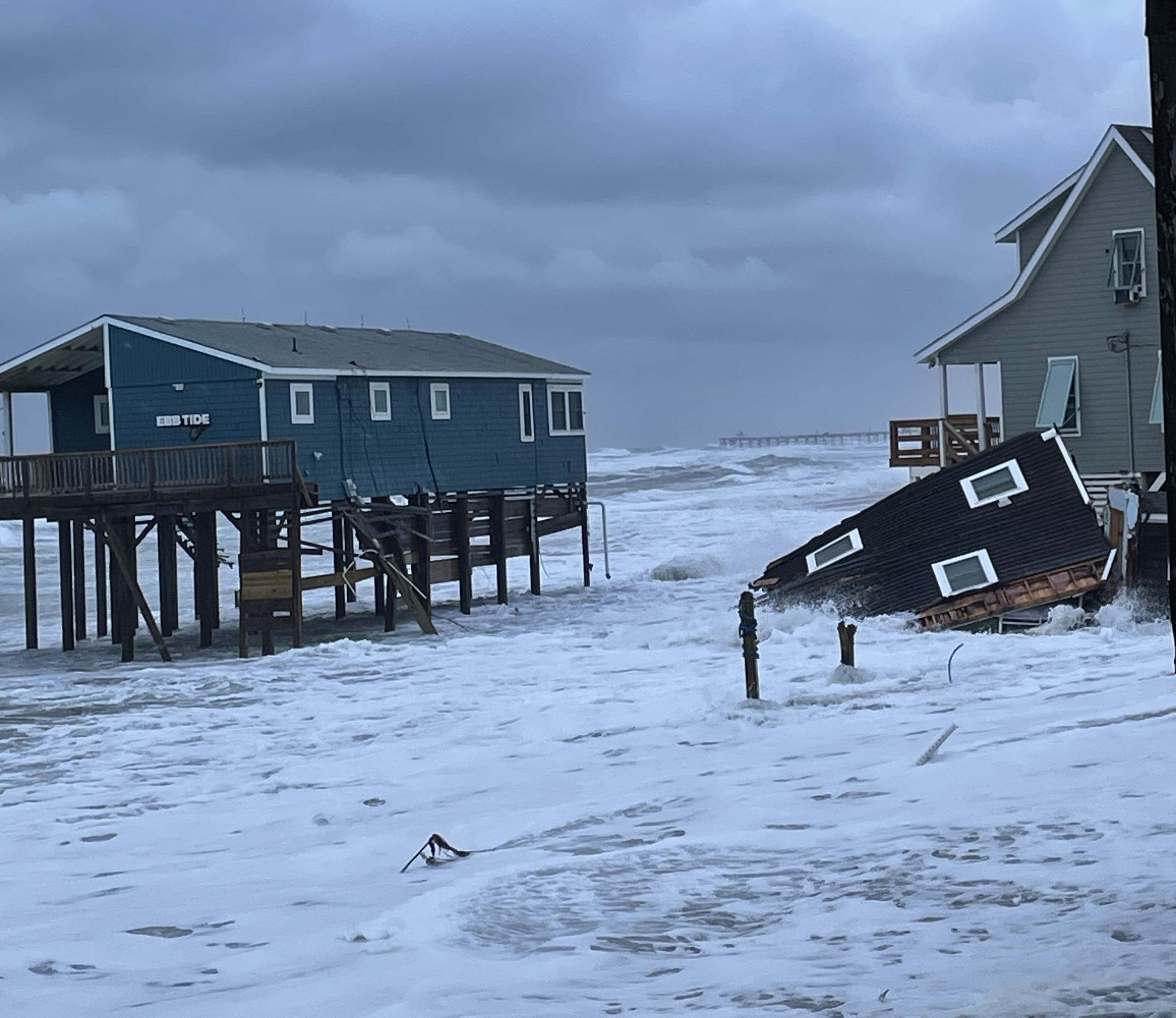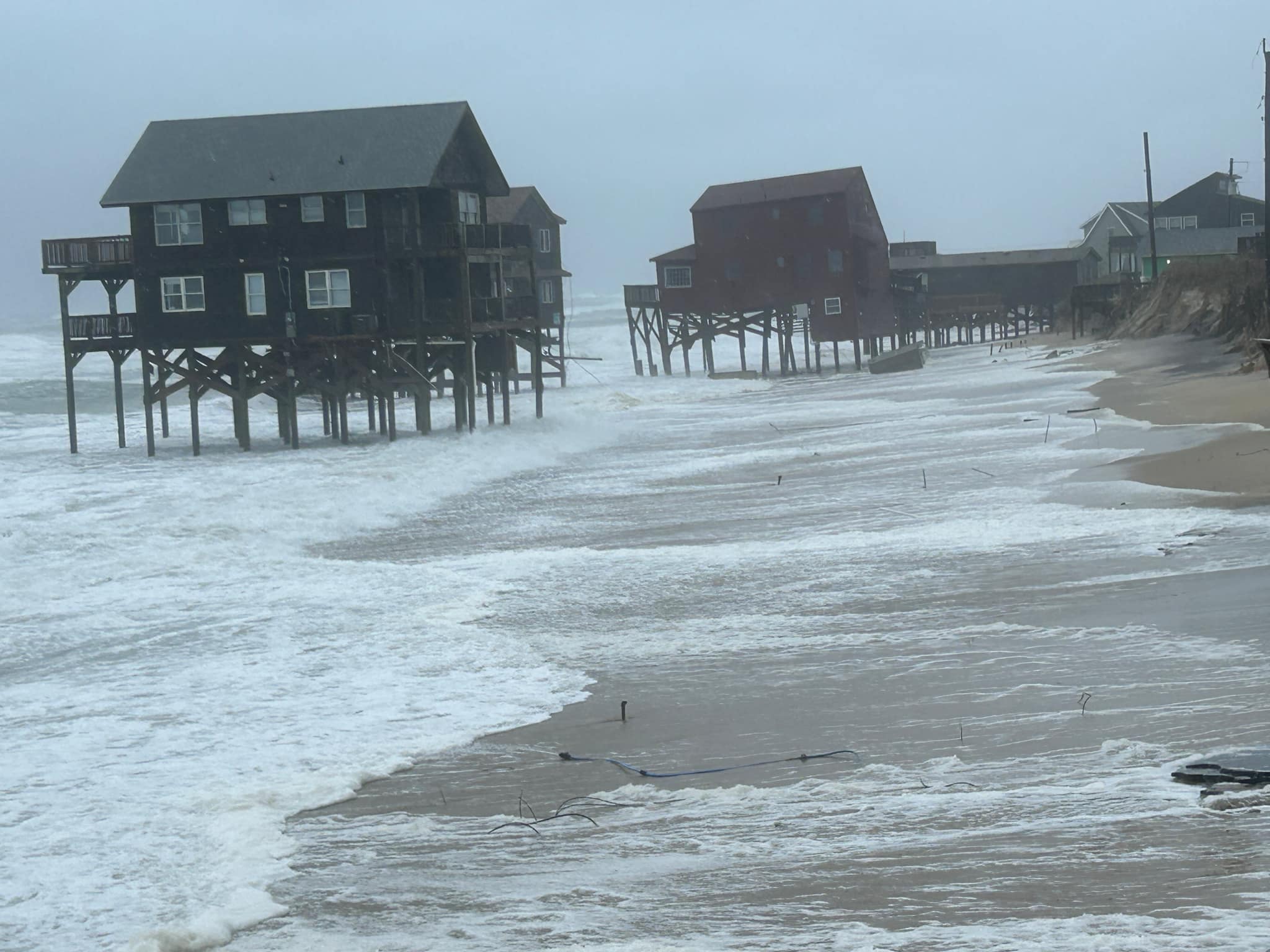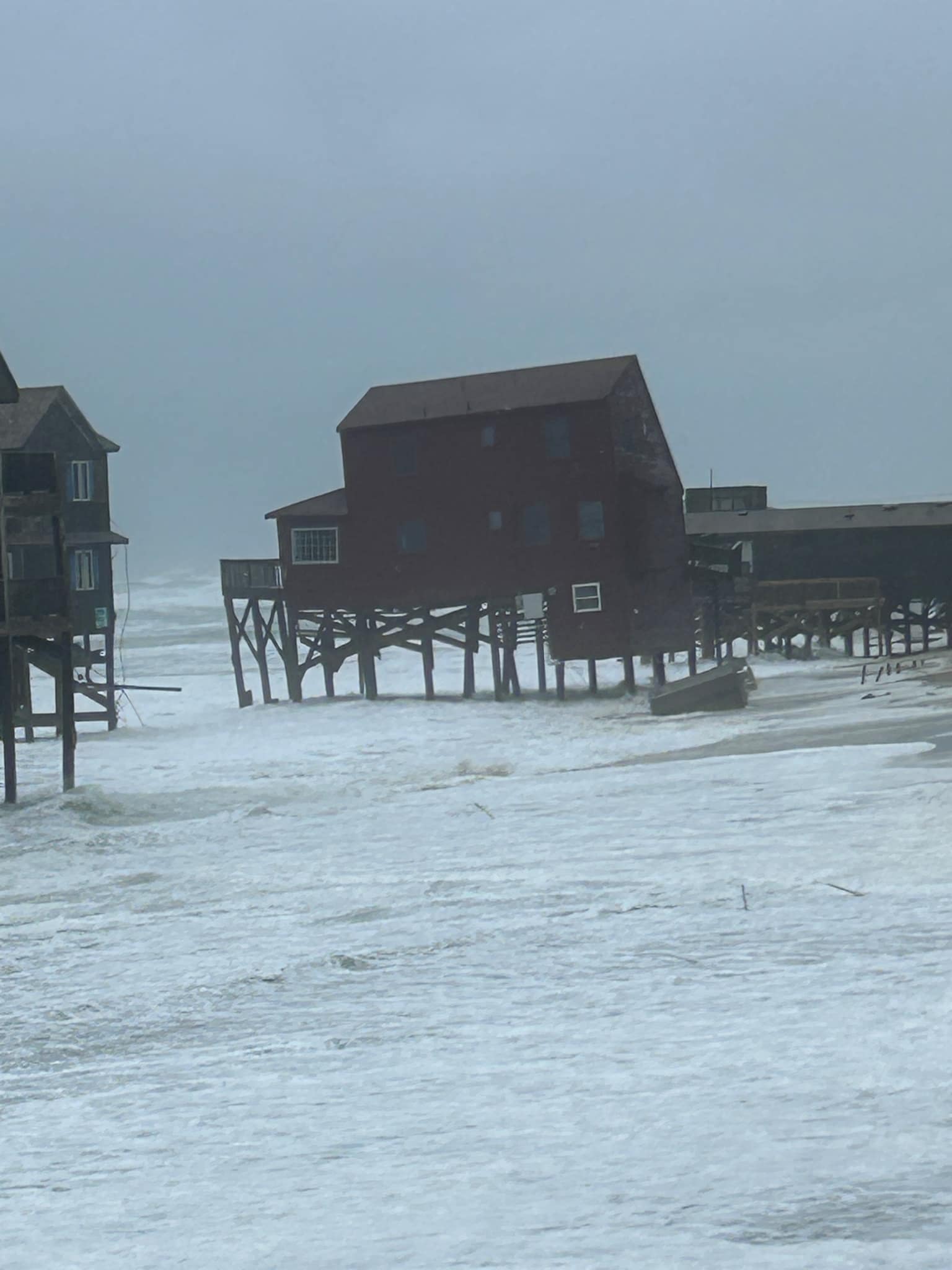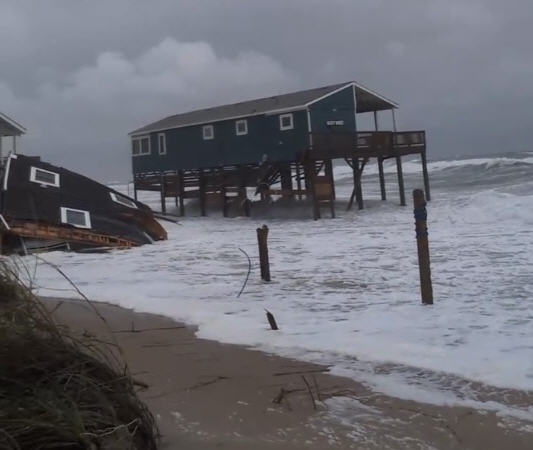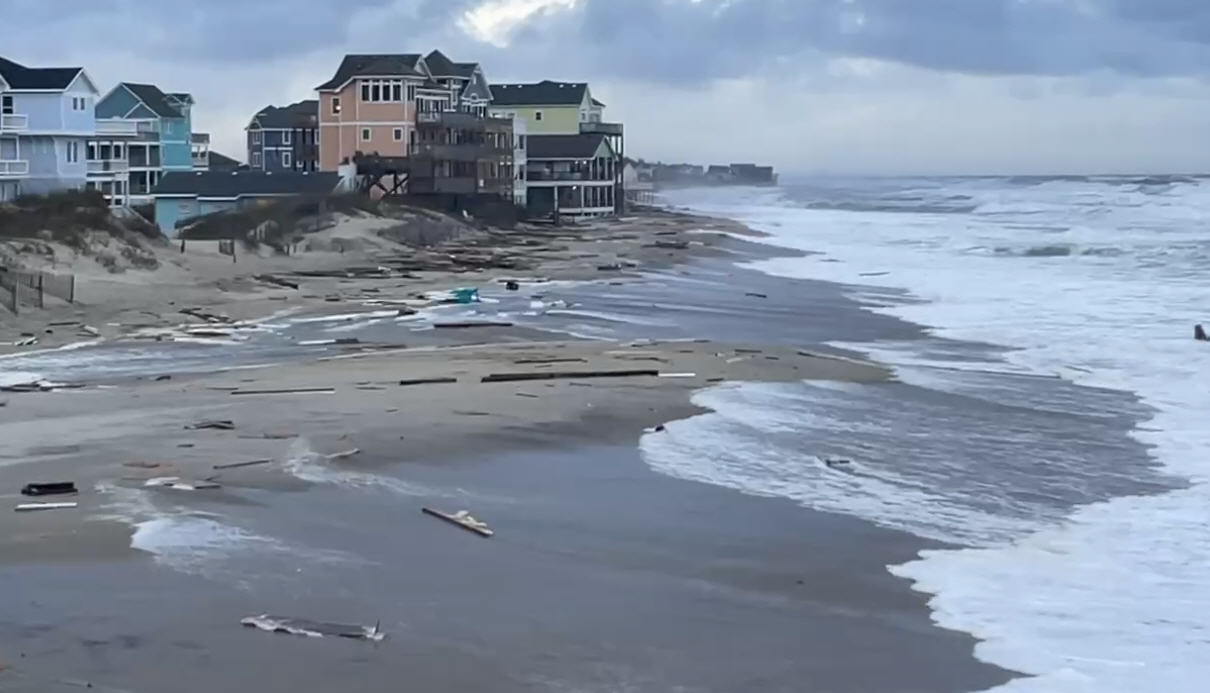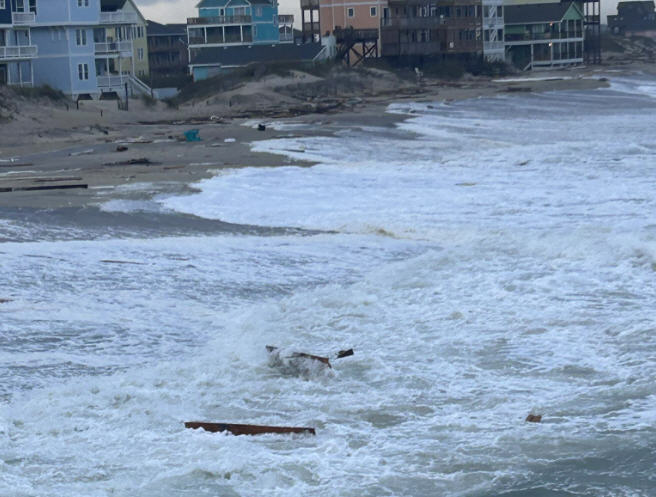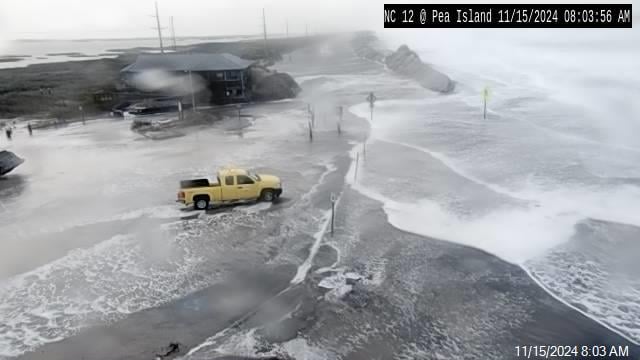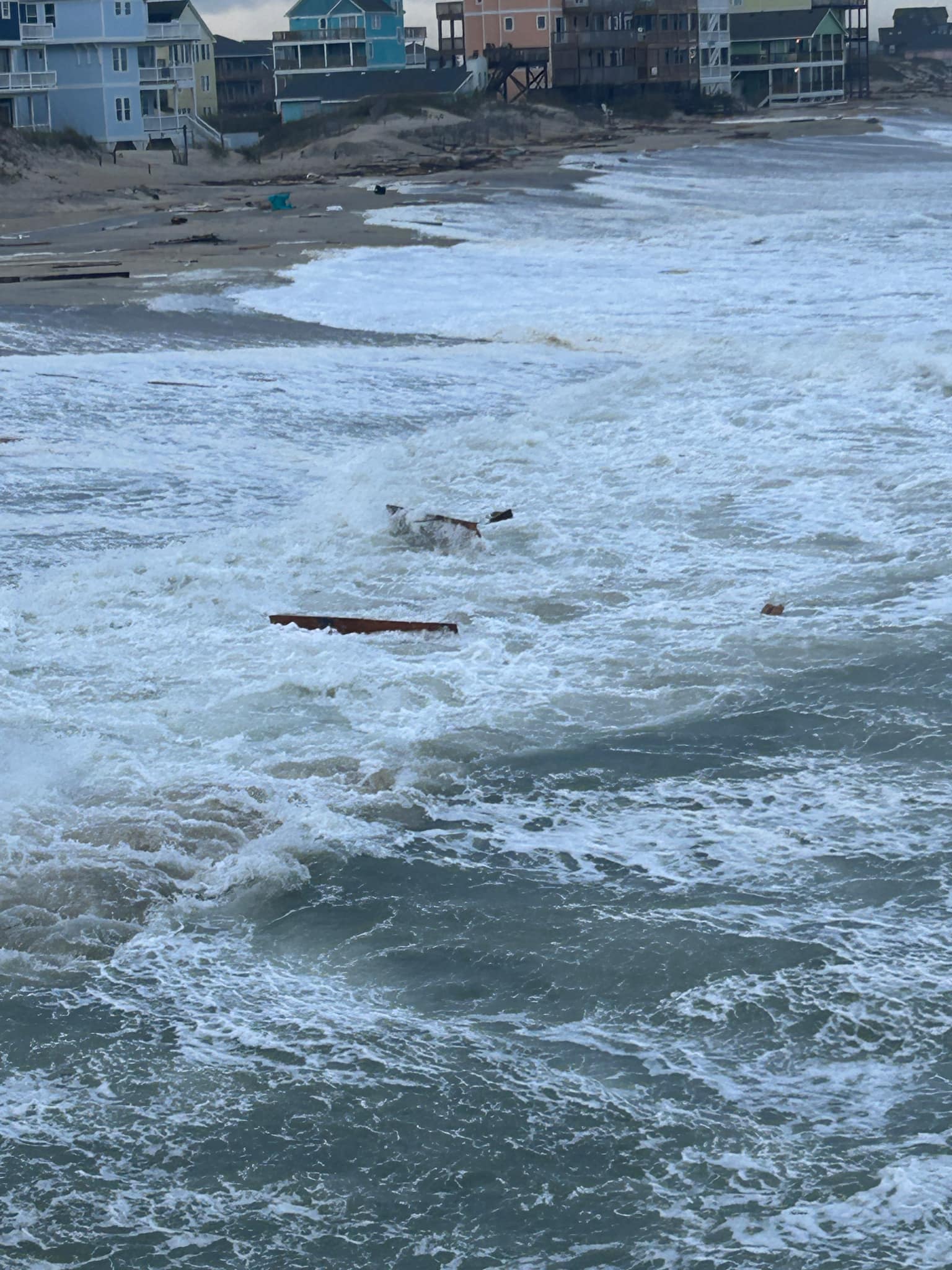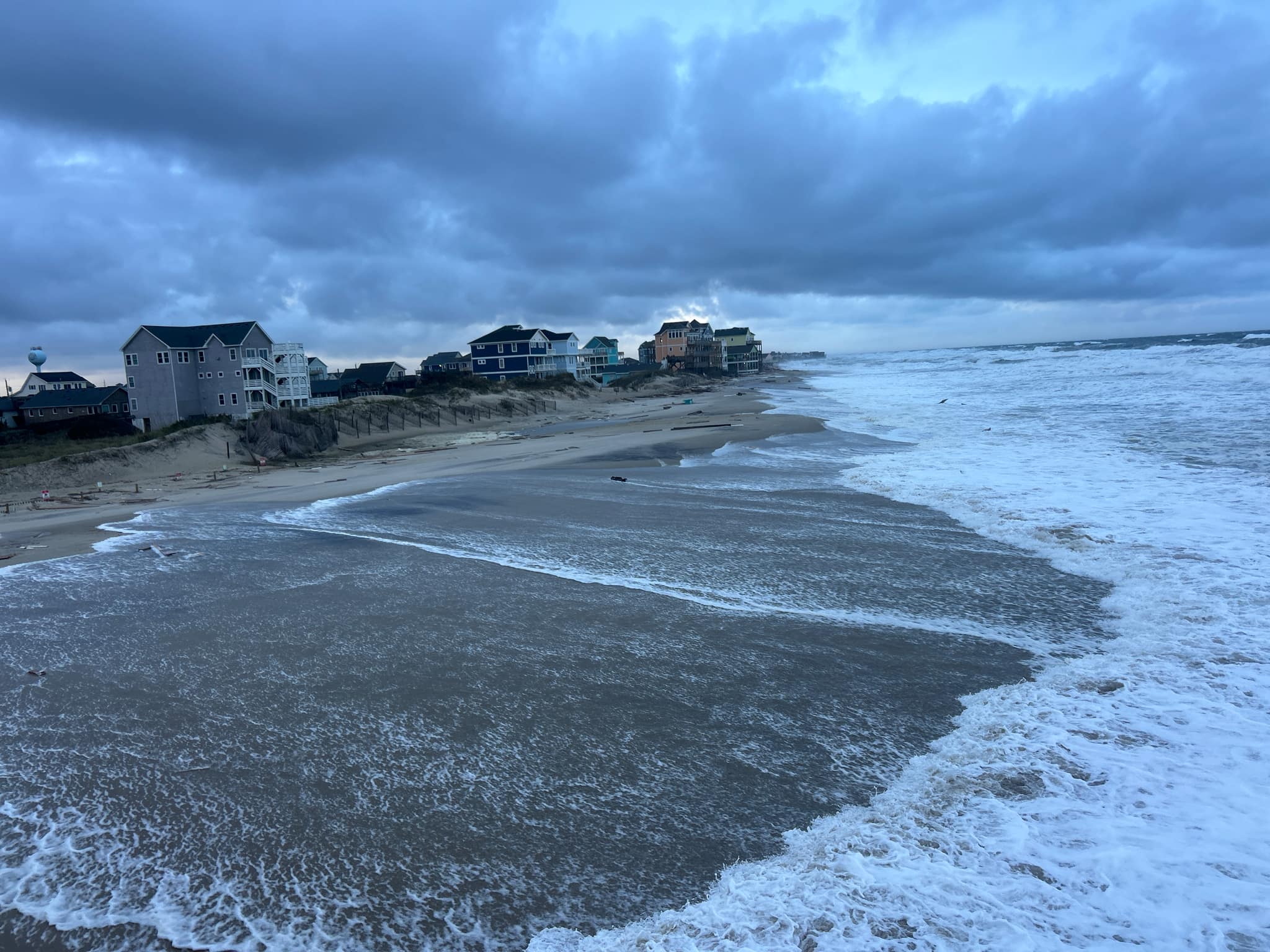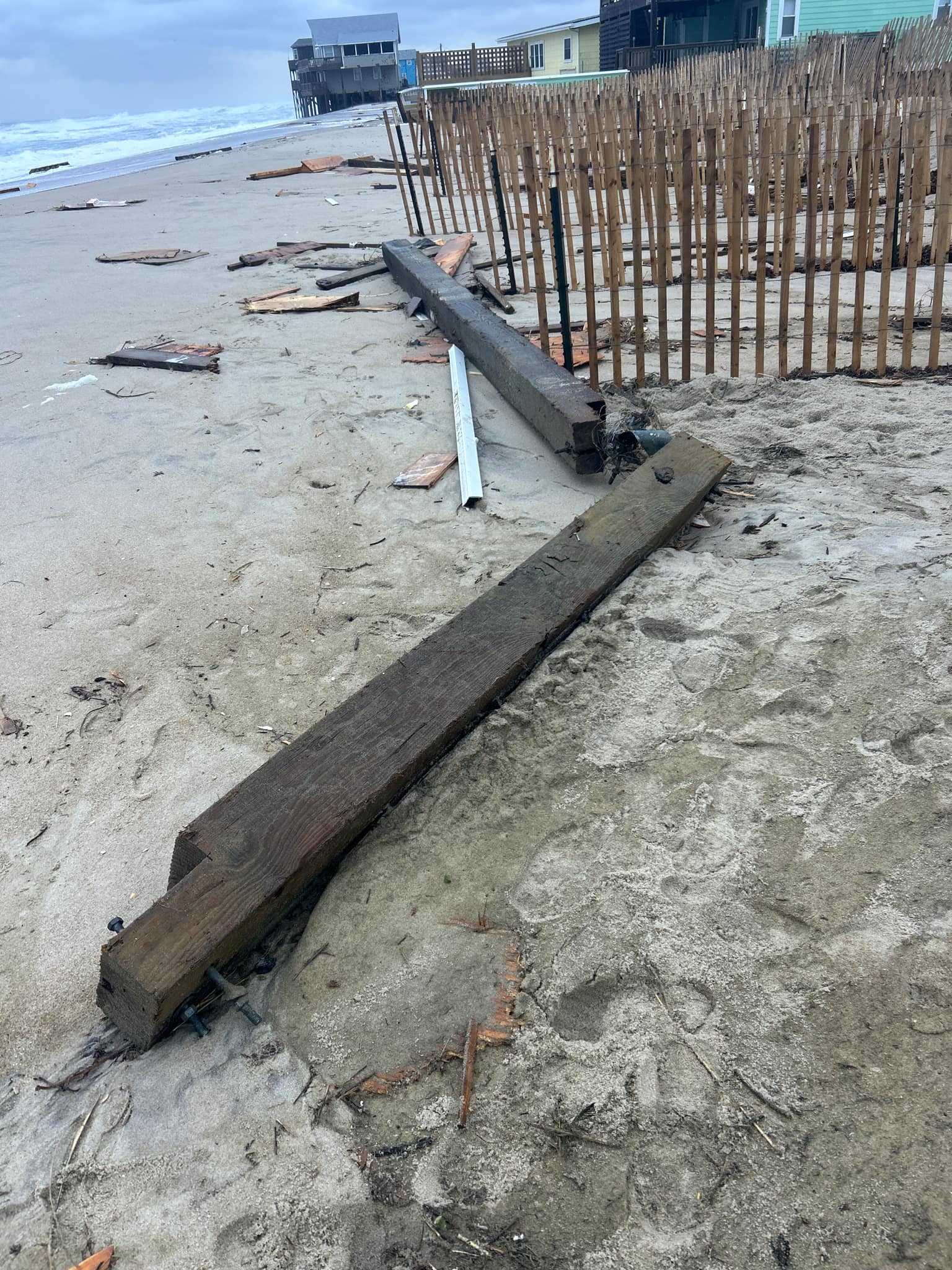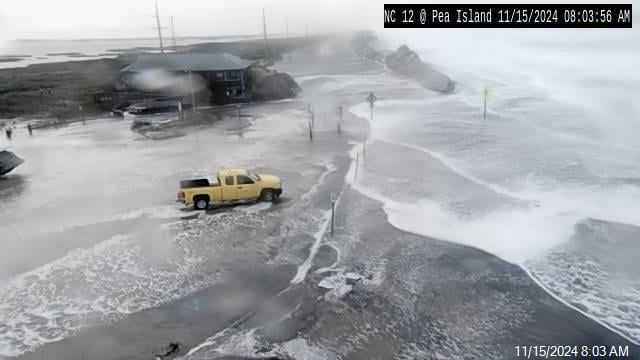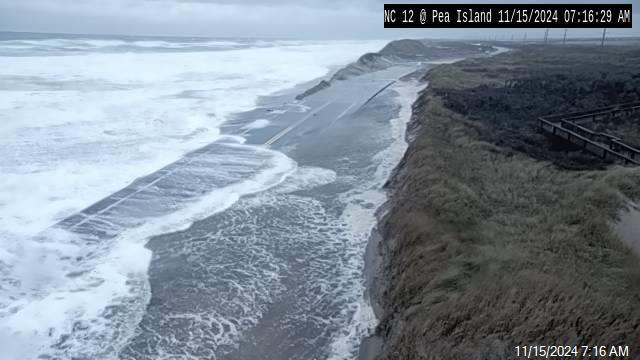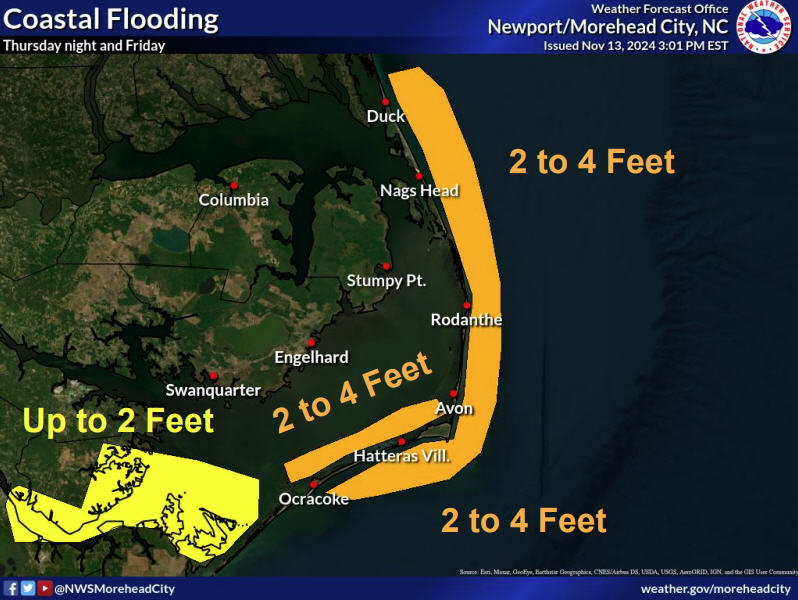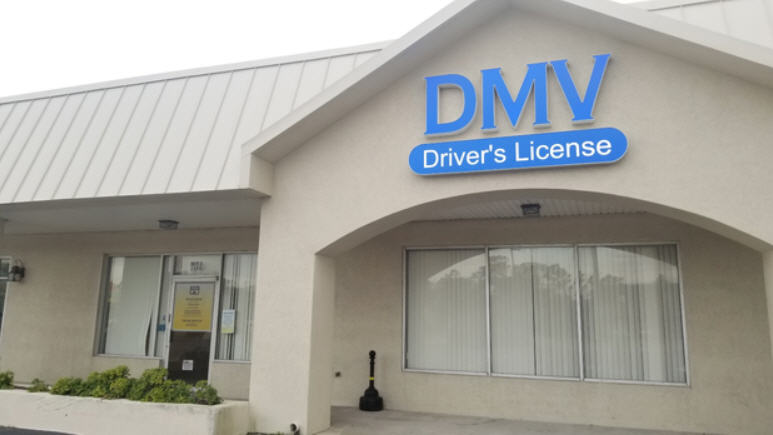State panel will review commercial fishing license issues
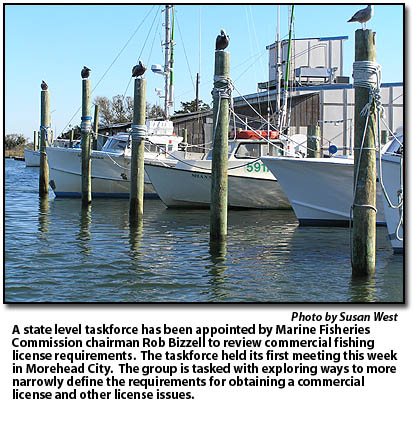
By SUSAN WEST
By SUSAN WEST
Paul Dunn runs his commercial fishing boat, the Shannon D., out of Hatteras village on any day when the twin stars of fish behavior and weather align to promise a good catch.
Dunn fishes year round, gillnetting for Spanish mackerel, bluefish, and other fish, and trolling for king mackerel. Growing up in a military family, Dunn lived in many places before striking out on his own and making Buxton his home in the 1970s.
Across town, Dal Burrus gillnets or seines during the weeks when he isn’t working as an engineer on a tugboat towing barges loaded with sugar or other commodities. He sells his catch to Avon Seafood.
Burrus was just 14 years old when he started haul-seining with his father and other island fishermen. His father, like many Outer Banks watermen and like his son, wove fishing into a life filled with other economic endeavors.
This week a state level task force will begin to discuss commercial fishing license issues that could impact fishermen with very different fishing habits and histories, like Dunn and Burrus.
The panel will undertake the first comprehensive review of commercial fishing licenses since an exhaustive study resulted in the 1997 Fisheries Reform Act.
The idea for a license task force grew out of the state Marine Fisheries Commission meeting in May when a fisherman asked the commission to address the sale of licenses and consider adopting an income requirement for license holders, according to Patricia Smith, public information officer with the state Division of Marine Fisheries (DMF).
State law does not authorize the marketplace sale of licenses, but does allow the transfer or temporary assignment of licenses, so that a license can be transferred with the sale of a boat or assigned when illness or injury prevents a license-holder from accompanying the crew on a fishing trip.
The transfer of North Carolina standard commercial fishing licenses has steadily declined over the last decade, dropping from 788 in 2000 to 418 in 2009.
Still, a market for both state and federal fishing licenses has evolved as fisheries agencies have stopped issuing licenses and permits to new fishermen. And many agencies view the marketplace trade in “individual fishing quotas” or “catch shares” as the mechanism to sort out the answer to the thorny question of who should have access to the resource.
The license taskforce is charged with looking at ways to narrow the criteria used to define a commercial fisherman for the purpose of licensing, according to a DMF press release.
A commercial fishing income threshold or landings requirement could be discussed.
Adopting a narrower definition of who qualifies would accelerate the ongoing decline in the number of North Carolina licenses.
In 2009, 5,868 standard commercial fishing licenses were issued, continuing a steady downward trend since 2000 when 6,990 were issued.
The number of retired standard commercial licenses, available only to senior fishermen, rose, but the overall number still declined.
The state caps the total number of standard and retired licenses at 8,896, but never issues that many.
Last year, 1,559 licenses remained available through the eligibility review process to individuals with fishing income or “significant involvement” in the industry.
The task force could address special licensing requirements that would limit the number of participants in specific fisheries, such as blue crab, southern flounder, or speckled trout.
The study committee that formulated the basis for the 1997 Fisheries Reform Act rejected that approach, supporting instead an overall cap that would allow “individual fishermen the flexibility to move in and out of specific fisheries as needs and conditions dictate.”
The task force is expected to address the concern that fishermen displaced from fishing areas in the Gulf of Mexico due to the Deepwater Horizon oil rig explosion could move north to fish. A DMF document, however, indicates that residency requirements and other factors should prevent an influx of displaced fishermen.
Other issues that might be discussed include whether charter-boat captains should be required to have a commercial license, whether unused licenses should be revoked, and the role of individual fishing quotas or catch shares.
MFC members Joe Smith, Anna Beckwith, and B.J. Copeland serve on the task force. Fishermen David Hilton from Ocracoke, Tom Burgess from Sneads Ferry, and Ronnie McArthur from Beaufort were also appointed to the panel by MFC chairman Rob
Bizzell.
The first task force meeting was held earlier this week in Morehead City.
(Susan West writes about fishing issues on the Outer Banks for Island Free Press and The Outer Banks Sentinel. You can read more about commercial fishing issues on her website, http://ahabsjournal.typepad.com.)
Subject
Name
(required, will not be published)
(required, will not be published)
City :
State :
Your Comments:
May be posted on the Letters to the Editor page at the discretion of the editor.
May be posted on the Letters to the Editor page at the discretion of the editor.
May be posted on the Letters to the Editor page at the discretion of the editor.
May be posted on the Letters to the Editor page at the discretion of the editor.




